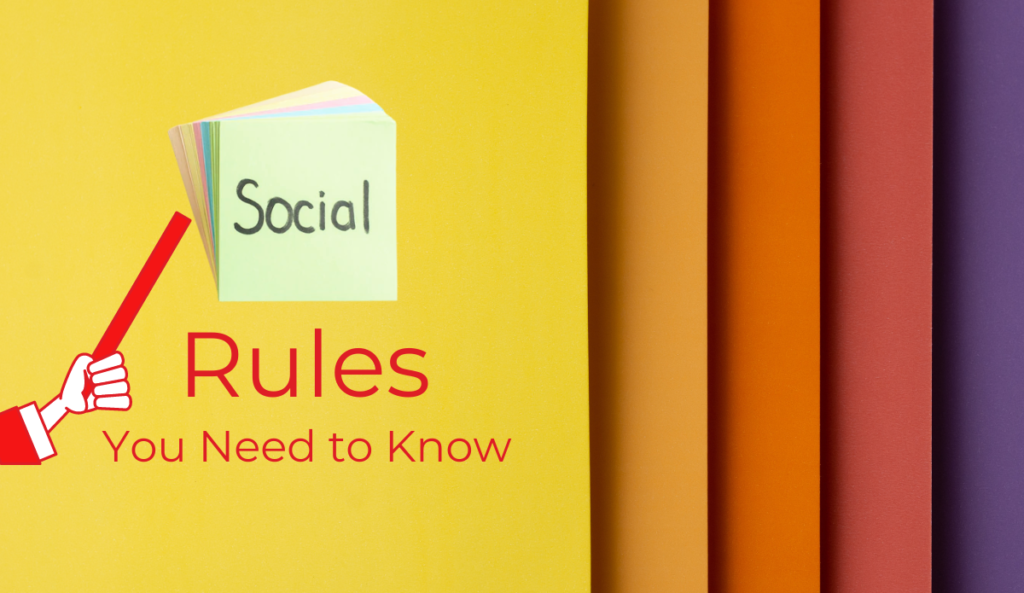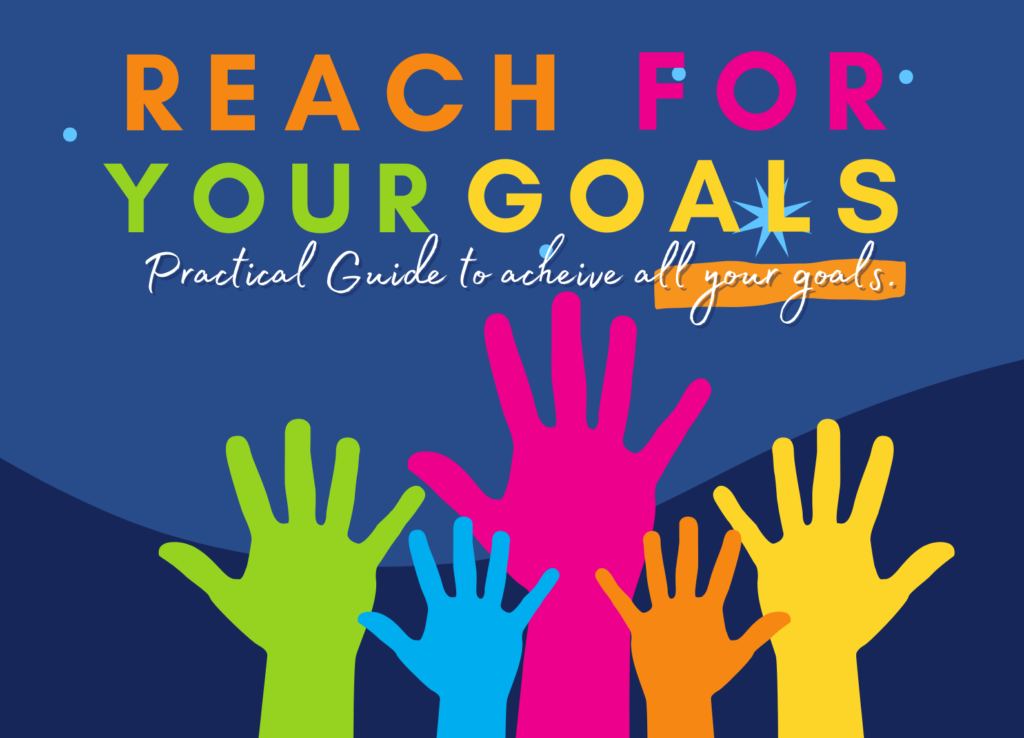In today’s society, there are many unspoken social rules that we are expected to follow. These rules are not always explicitly stated, but they play a crucial role in our daily interactions with others.
By following these rules, we can ensure that we are respectful, considerate, and polite. In this article, we will discuss the top 10 unspoken social rules that you need to know.

Table of Contents
Introduction
Social rules are an essential part of our interactions with others. They are the unwritten guidelines that dictate how we should behave in different situations. These rules help us to communicate effectively, build relationships, and show respect to others. While some social rules may seem trivial, they can have a significant impact on how we are perceived by others.
In this article, we will discuss the top 10 unspoken social rules that you need to know. These rules will help you to navigate social situations with ease and avoid any potential faux pas.
Rule #1: Don’t Call Someone More Than Twice
When you call someone and they don’t answer, it’s important to give them some time to call you back. Calling someone repeatedly can be seen as impolite and may even be considered harassment. As a general rule, it’s best not to call someone more than twice if they don’t answer the first time.
There are some exceptions to this rule. For example, if you have an urgent matter to discuss, you may need to call someone more than twice. In this case, it’s best to leave a message and let them know why you need to speak to them urgently.
Rule #2: Don’t Buy the Most Expensive Dishes When Treated
When someone else is paying for your meal, it’s important to be mindful of the cost. Ordering the most expensive dishes on the menu can be seen as greedy and may make the person treating you feel uncomfortable. Instead, it’s best to order something reasonably priced and avoid ordering extra courses or expensive drinks.
If you’re not sure what to order, you can always ask for recommendations or suggest sharing a few dishes. This way, you can try a variety of dishes without overspending.
Rule #3: Be Kind to Service Staff
Service staff, such as waiters, cleaners, and drivers, play an important role in our daily lives. They work hard to ensure that we have a pleasant experience, and it’s important to treat them with respect. Being kind to service staff can go a long way in building positive relationships and ensuring that you receive excellent service.
Examples of how to be kind to service staff include saying please and thank you, using their name if possible, and leaving a tip if appropriate. It’s also essential to be patient and understanding, especially if there are any mistakes or delays.
Rule #4: Respect Different Opinions
We all have different perspectives and opinions, and it’s essential to be respectful of these differences. Respecting different opinions means acknowledging that not everyone has the same perspective and being open to hearing other points of view.
Examples of how to demonstrate respect for different opinions include listening actively, asking questions to gain a better understanding, and refraining from judgment or criticism.
Rule #5: Don’t Interrupt Someone Talking
Interrupting someone while they are speaking is considered impolite and disrespectful. It’s important to let others finish what they are saying before responding. Interrupting can also lead to misunderstandings and miscommunications.
To show that you are actively listening, you can nod your head, make eye contact, and ask questions after the person has finished speaking. This will show that you value their opinion and are interested in what they have to say.
Rule #6: Show Gratitude More Often
Expressing gratitude can have a positive impact on both yourself and those around you. Whether it’s a simple “thank you” or a more elaborate gesture, showing gratitude can help strengthen relationships and build a more positive environment.
Some ways to show gratitude include sending a thank you note, giving a thoughtful gift, or simply expressing your appreciation verbally.
Rule #7: Keep Secrets
We all have secrets, and sometimes others confide in us with their secrets. It’s important to keep those secrets to ourselves and not betray the trust of the person who confided in us. Even if we no longer like the person or if they become our enemy, we should still keep their secrets.
Breaking someone’s trust can not only hurt them, but it can also damage our own reputation and relationships. To avoid this, we should be careful with who we share confidential information with and avoid sharing it with others who are not directly involved in the situation.
Rule #8: Keep Your Promises
When we make a promise, we should do everything in our power to keep it. Breaking a promise can damage our credibility and can hurt those who were relying on us. If we know we cannot keep a promise, it’s better to be upfront and communicate that rather than make empty promises.
To keep our promises, we should be mindful of what we commit to and ensure that we can realistically fulfill those commitments. We should also communicate any changes to those affected by the promise as soon as possible.
Rule #9: Hold the Door Open
Holding the door open for someone is a small gesture that can make a big difference in someone’s day. It’s a simple way to show kindness and respect to others, especially those who may have difficulty opening doors on their own.
When holding the door open for someone, we should be mindful of their needs and allow them to go through first. If they are carrying something heavy or have limited mobility, we should offer to help.
Rule #10: Reciprocate Favors
When someone does us a favor, it’s important to show our appreciation and reciprocate that kindness in some way. It can be as simple as saying thank you or returning the favor in a tangible way.
To keep track of favors, we should be mindful of what others do for us and make an effort to do something for them in return. We can also keep a mental or written list of favors to ensure that we don’t forget to reciprocate.
Conclusion
In conclusion, following unspoken social rules can improve our relationships and interactions with others. By being mindful of these rules, we can demonstrate respect, kindness, and consideration for those around us.
Remembering these rules can make a significant difference in our personal and professional lives.
FAQs
Q: Why are these rules considered “unspoken”?
A: These rules are considered unspoken because they are not necessarily written down or communicated directly, but are understood through social norms and expectations.
Q: What should I do if I accidentally break one of these rules?
A: If you accidentally break one of these rules, apologize if necessary and try to make amends. Learn from the experience and try to avoid making the same mistake in the future.
Q: What if I don’t agree with one of these rules?
A: It’s okay to have a different perspective, but it’s important to be mindful of others’ expectations and social norms. We can still show respect and consideration for others even if we don’t fully agree with a particular rule.
Q: Are there any other unspoken social rules that I should know about?
A: Yes, there are many unspoken social rules that vary depending on culture, location, and situation. It’s always a good idea to be observant and learn about the social norms in different environments.
Q: How can I teach these rules to my children or friends?
A: The best way to teach these rules is by modeling them in your own behavior and explaining why they are important. You can also have conversations with your children or friends about social norms and expectations.


